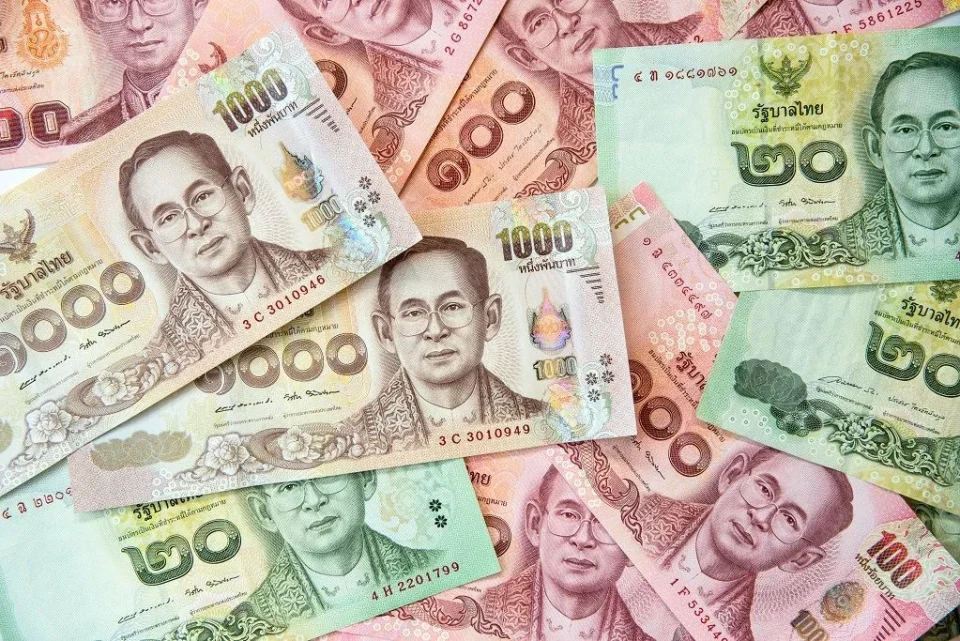The baht is anticipated to test a low of approximately 34.50 per US dollar in the coming month due to increased uncertainty following the US announcement of a 37% reciprocal tariff on Thai imports.
On Thursday, the baht reached its weakest point in 2.5 months, hitting 34.38 per dollar, primarily driven by the impact of the tariffs. During the trading session, the baht approached 34.44 per dollar, the same level noted when US President Donald Trump was inaugurated, according to Kanjana Chockpisansin, head of banking and financial sector research at Kasikorn Research Center.
Given the imposition of a 37% reciprocal tariff—much higher than the initially expected range of 10-25%—the baht is likely to depreciate against the US dollar, affecting investor sentiment and fostering a risk-off climate, she explained.
Ms. Kanjana noted that the US tariff on Thai imports would have a considerable and far-reaching effect on the Thai economy, escalating uncertainties in the months ahead that could lead to further depreciation of the baht, despite some support from rising global gold prices. “In the next month, we expect the baht to continue to weaken, with the potential to test its previous low of 34.85 per dollar,” she indicated. “Should the baht fall below this threshold, it may reach a new support level at 35.50 per dollar.”
According to Krungthai Global Markets, part of Krungthai Bank (KTB), the baht opened on Thursday at 34.38 per dollar, reflecting a sharp fall from the prior day’s close at 34.16. Following the announcement of the US tariffs, the baht’s value fluctuated between 34.07 and 34.45 per dollar.
While the new tariff on Thai exports is lower than the initial 72% estimate provided by US authorities, it remains above market forecasts, intensifying financial market pressures and fostering a risk-off sentiment, noted Poon Panichpibool, a market strategy analyst at KTB.
Pipat Luengnaruemitchai, chief economist at Kiatnakin Phatra Financial Group, pointed out that negotiations could be one route for Thailand to lessen the impact of the reciprocal tariffs, involving both domestic and international discussions.
He suggested that the government should work in concert with all relevant parties to effectively manage the consequences, with initial negotiations focusing on critical sectors such as agriculture, food, energy, and finance. Mr. Pipat emphasized the need for Thailand to strategically balance opportunities and risks across the industries affected by these new US tariff measures.





